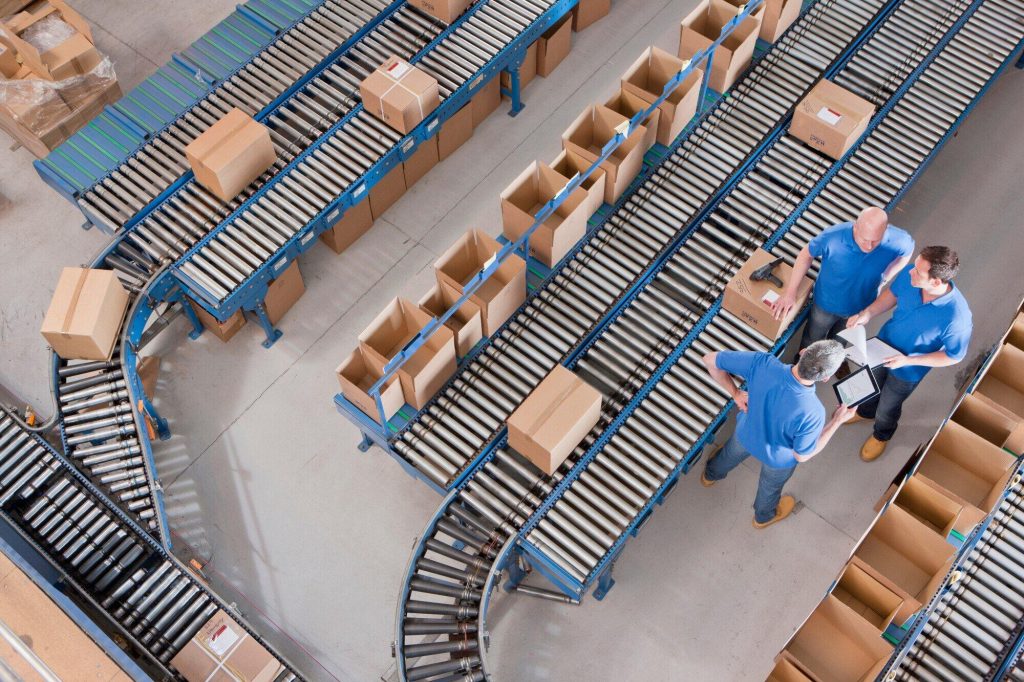Have you ever wondered how factories can clean massive machines and parts quickly and without human effort? Automated washing systems are changing the way industrial manufacturing works. These smart machines use robots and sensors to wash equipment with water, soap, and special tools.
They make cleaning faster and more reliable than ever before. By reading this post, you will discover how these systems boost efficiency, improve precision, and support sustainable practices in factories.
What Makes Automated Washing Systems Special
Automated washing systems are machines that clean industrial parts without much help from people. They use high-pressure water jets, brushes, and detergents to remove dirt, oil, and grime. These systems can handle large items like engine parts or metal sheets in a short time.
For example, a system might clean a truck engine in minutes instead of hours. They work around the clock, which means factories can run longer without stopping for cleaning. This helps companies save money on labor and keep production moving smoothly.
Many systems also have sensors that check if the cleaning is done right. If something is still dirty, the machine adjusts and cleans it again. This level of control makes them very reliable for tough jobs in manufacturing.
Boosting Efficiency in Factories
One big advantage of automated washing systems is how they make factories more efficient. These systems can clean parts much faster than people can. A worker might take a whole day to wash a batch of parts, but a machine does it in a few hours.
This saves time and lets workers focus on other tasks. Efficiency also comes from using less water and energy. Modern systems recycle water, so they do not waste it.
They heat the water only when needed, cutting down on electricity bills. In a busy factory, this means more products can be made each day. This extra efficiency also lets workers focus on other important jobs, making the whole team happier and more productive.
Companies see higher profits because they produce more without extra costs. Experts at KITECH have shown that these systems can reduce cleaning time by up to 50 percent in some cases.
Achieving Precision and Quality
Automated washing systems, such as those developed by KITECH, bring precision to cleaning that people cannot always match. They use cameras and lasers to spot dirt and clean it exactly where it is needed. This ensures every part is spotless, which is important for safety and quality.
For instance, in car manufacturing, clean parts prevent rust and make vehicles last longer. The machines follow set programs, so the results are the same every time. No more guessing if something is clean enough.
This precision helps factories meet strict rules from governments or customers. It also reduces mistakes that could lead to expensive fixes later. With these systems, manufacturers can trust that their products are top-notch.
Embracing Sustainable Technology
Sustainability is a key part of automated washing systems in manufacturing. These machines use eco-friendly soaps that break down easily and do not harm the environment. They also filter and reuse water, which cuts down on waste.
This is good for the planet because factories use fewer resources. In the past, washing often polluted rivers with dirty water, but now systems treat the water before releasing it. Companies can feel proud of being greener.
This attracts customers who care about the environment. As technology improves, these systems will use even less energy from solar power or batteries. Sustainability makes manufacturing better for everyone, including future generations.
Looking Ahead to New Innovations
Automated washing systems are transforming industrial manufacturing by offering precision, efficiency, and sustainability. Businesses that adopt these solutions gain faster production cycles, better product quality, and a reduced environmental footprint. With ongoing technological advancements, these systems are becoming smarter, more versatile, and increasingly cost-effective.
Companies can integrate cleaning directly into their production processes, making maintenance seamless and predictive. As automation becomes a standard part of modern manufacturing, understanding and embracing these systems will be key to staying competitive and meeting higher industry standards. The future of industrial washing is not just about keeping things clean; it’s about creating smarter, more efficient, and sustainable factories.
The future of automated washing systems looks bright with new ideas on the horizon. Engineers are adding artificial intelligence to make machines smarter. They can learn from past cleanings and get better over time.
This means even faster and more accurate results. Systems might connect to the internet, letting factories monitor them from afar. If a problem happens, alerts can be sent to fix it quickly.
In the coming years, we might see systems that clean with steam or lasers instead of water. These changes will make manufacturing even more advanced. Factories could also use these new methods to clean delicate parts without any damage, opening up exciting possibilities for innovation.
Factories will become cleaner, safer, and more productive. As these technologies grow, they will shape how we build things in the world. This progress will also create new jobs for engineers and technicians who design and maintain these smart systems.
The Role of Maintenance and Reliability
Even the most advanced automated washing systems need proper maintenance to ensure reliability. Routine checks, cleaning of nozzles, and monitoring software updates are essential to keep the system functioning at peak performance. Preventive maintenance reduces the risk of unexpected downtime, which can be costly in a high-speed production environment.
Investing in reliable systems and skilled staff ensures long-term benefits and allows manufacturers to fully capitalize on the efficiency and precision of automated cleaning. The result is a smoother production line, better quality control, and lower operational costs over time. Additionally, this approach minimizes human error and enhances workplace safety, contributing to a more sustainable and compliant manufacturing environment.
A Brighter Path for Manufacturing
Automated washing systems are paving the way for a smarter industrial world. They combine speed, accuracy, and care for the environment in ways that benefit everyone. By adopting these technologies, factories can cut costs and boost output.
Workers enjoy safer jobs with less manual labor. The planet gains from reduced waste and pollution. As we look forward, these systems will keep evolving to meet new needs.
They promise a future where manufacturing is efficient and kind to the earth. Embracing them now will help companies stay ahead in a changing world.
Did this guide help you? Browse the rest of this section for more advice on a variety of topics.







